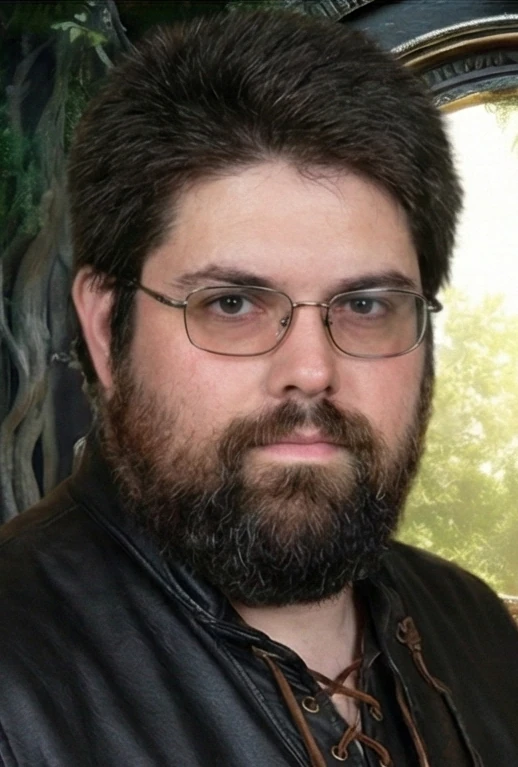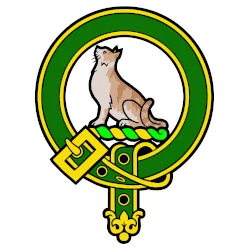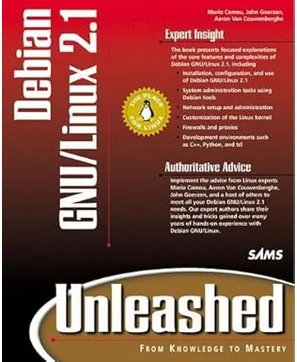Earth Unaware: The First Formic War
I ended up reading Orson Scott Card’s First Formic War series because of a discussion I had with a friend of mine about the central moral question of Ender’s Game: was Ender’s action to end his war moral or not? It would be a spoiler to describe exactly what he did; suffice it to say that it’s a close call based on the available information, and our opinions differed based primarily on whether the books in this series were considered canon or not. She had read them, I had not; but I had read the sequels to Ender’s Game and she had not. She thought the Formics had attacked first and Ender’s actions were ultimately justified; I thought the question of Ender’s Game hinged on the crucial first contact question of “What did the Formics know and when did they know it?”
So I decided to read the series and find out, at least the first book Earth Unaware. I should point out that I avoided reading the series previously because I tend to avoid “Big name author with unknown coauthor” pairings; they are usually basically ghostwriting arrangements, and while sometimes it works, too often it doesn’t. This time around, it’s more complex than that.
Mild spoilers below.
To begin with, I didn’t run into the usual coauthor/ghostwriter issues with this book. The writing is competent and clear throughout. While not stylistically identical to Card writing on his own, it is both clear and easy to read, with enough touches of Card’s influence to feel reasonably comfortable in the same universe.
The story itself focuses on a family of asteroid miners, their interactions with other families and corporations in the same business, and (obviously) the first-contact situation with the Formics. These story elements were certainly interesting, but they have so far failed to even approach the moral and philosophical heft that Card is able to present in his earlier works. To put it bluntly, it’s a space adventure novel rather than something capable of provoking deep thought.
That’s can make for an entertaining read and possibly a movie tie in or two, but it’s not what I was expecting.
The answer to the moral question I was looking for is left frustrating unexplained, in a way that feels like the author is cheating. Without spoiling too much, we don’t actually see any first contact in this book. There is a first contact situation, which we find out results in disaster, but we have no witnesses to what happened and how it went wrong.
The author is clearly straining hard to tell an entertaining story of a war with an alien race, while maintaining plausible deniability about how the war started, whether it could have been avoided, and what did the Formics know and when did they know it? The effort succeeds, but the strain is visible, and the moral questions about the human response evaporate: ignorance excuses everything.
I did continue on to read the second book, Earth Afire, but with reduced expectations.
Readers expecting more of Card’s best work will be disappointed. Readers expecting a good adventure story in space with aliens that ties in to the movie will enjoy the read.


